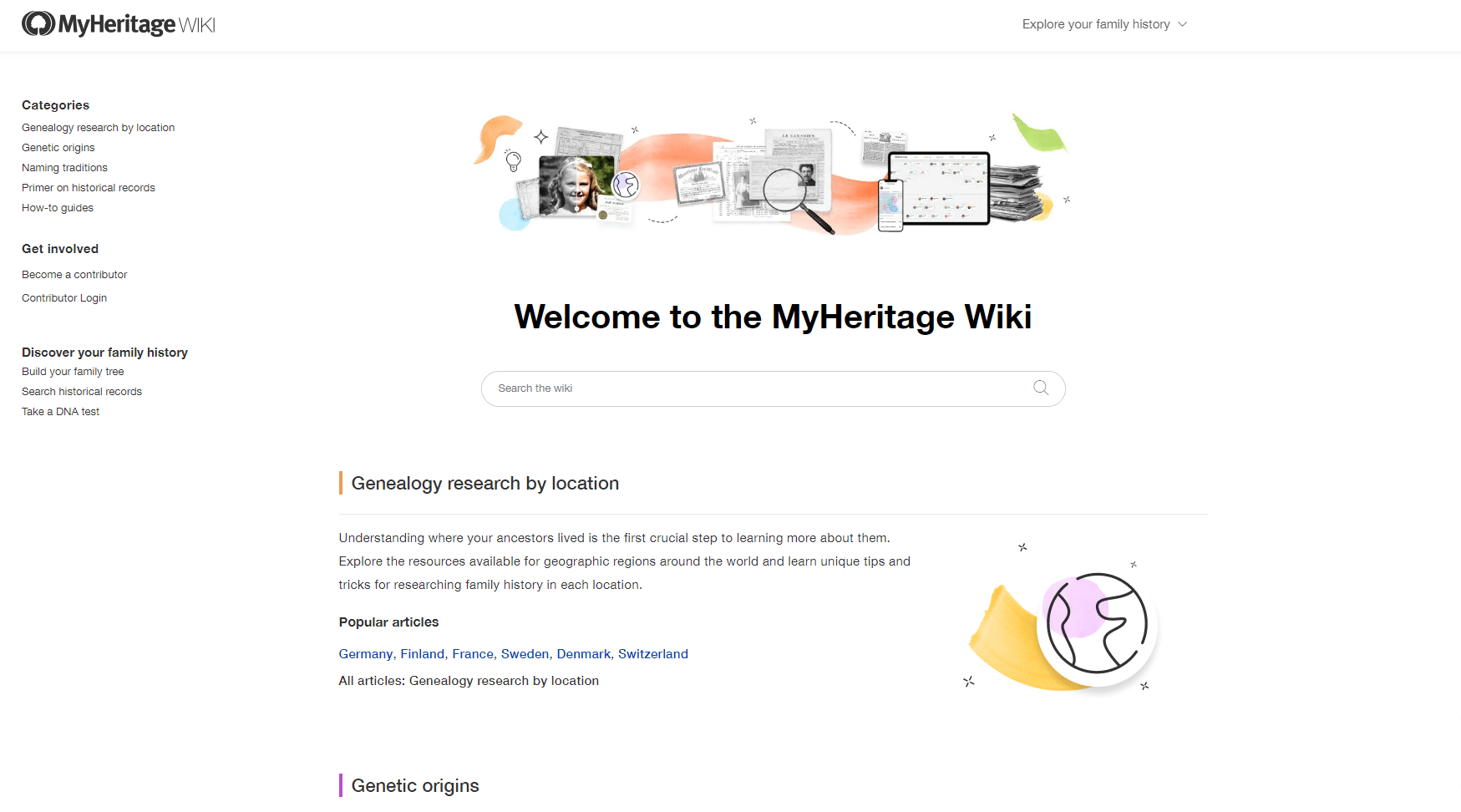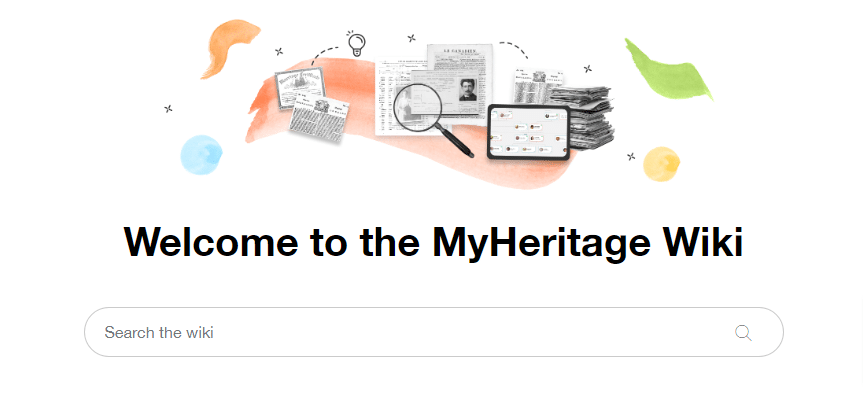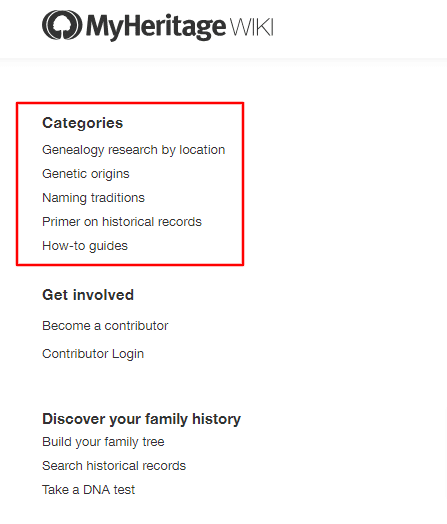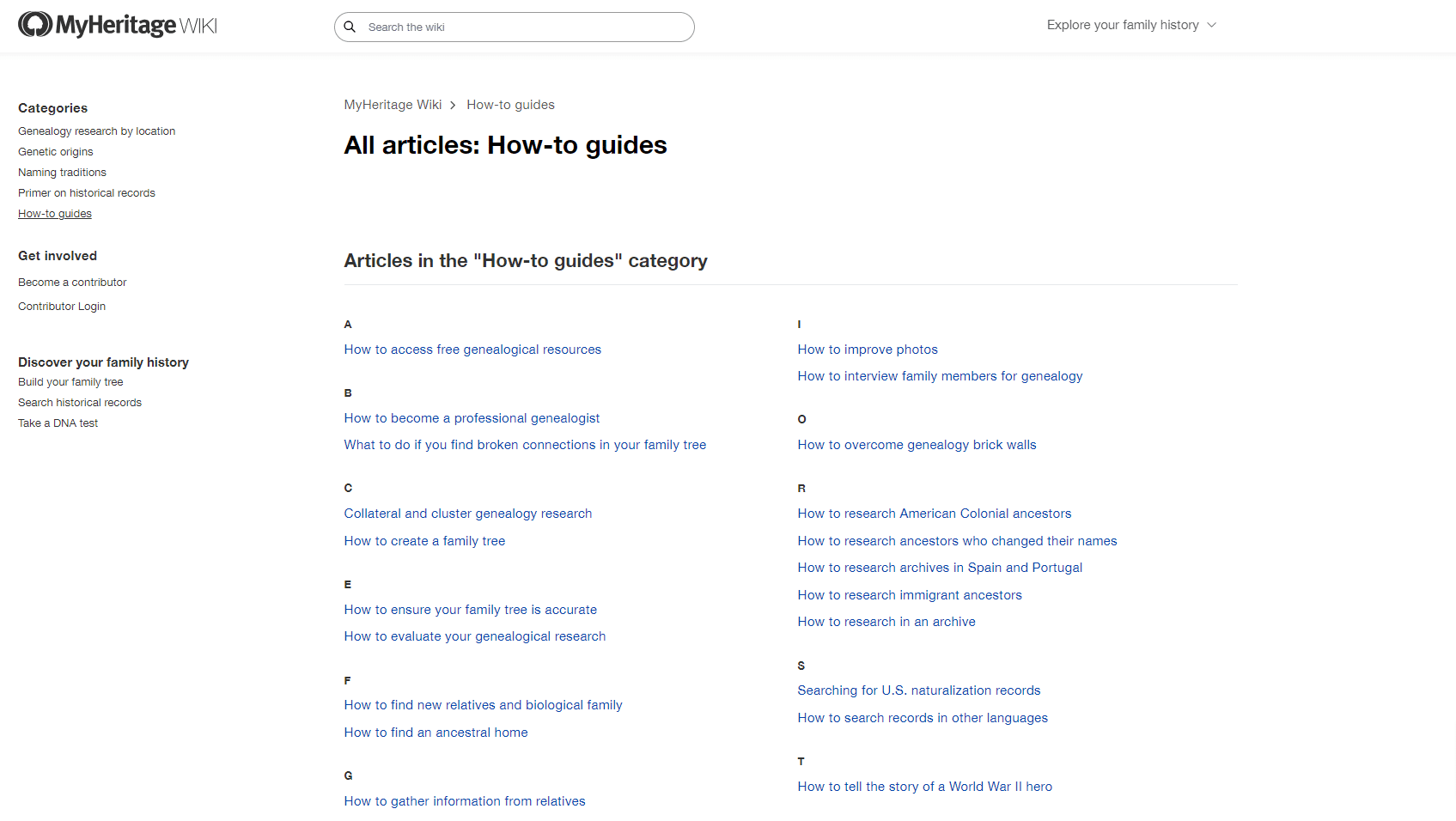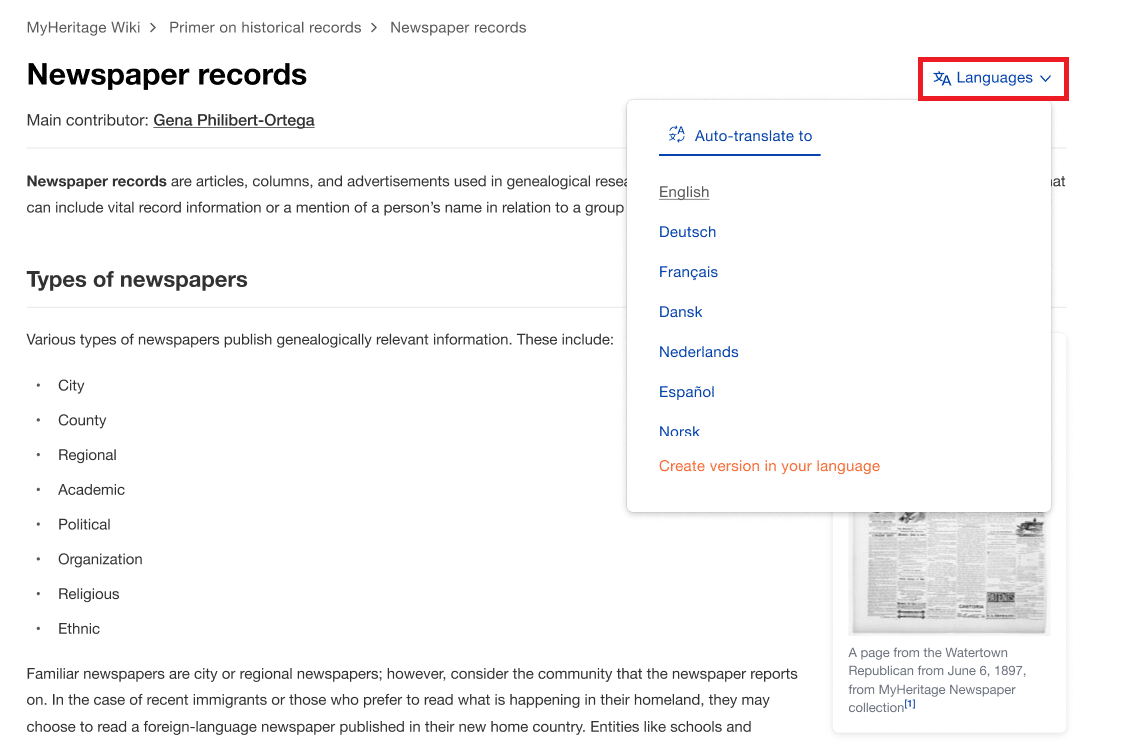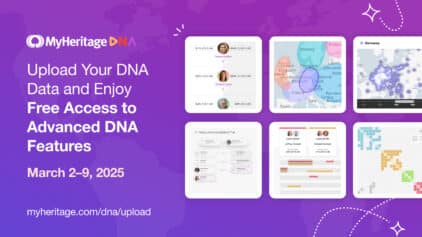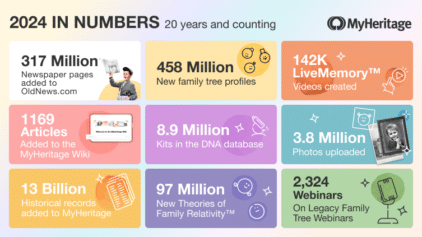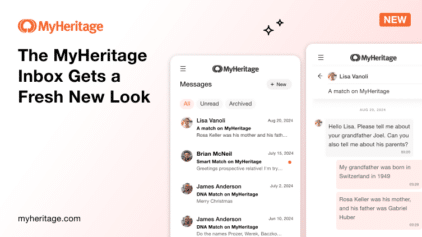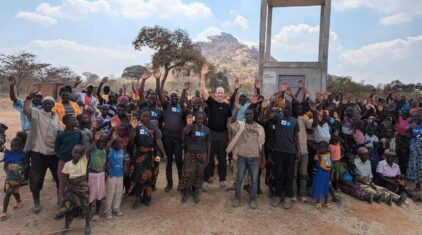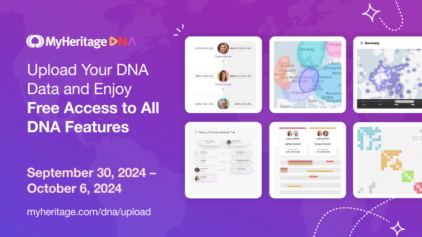Introducing the MyHeritage Wiki: the New Community-Led Online Encyclopedia for Genealogy and DNA
- By Daniella
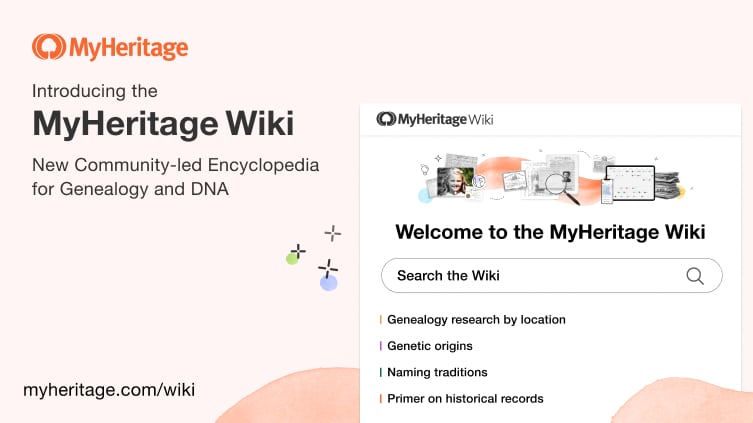

We are excited to announce the launch of the MyHeritage Wiki: the new, community-led online encyclopedia for genealogy and DNA. The new wiki is hosted on MyHeritage, but its scope is very broad and goes far beyond the specifics of the MyHeritage service. We invite you to explore the wiki and use it to further your knowledge of genealogy and DNA. But more importantly, we invite you to join us on a meaningful and ambitious journey to transform it into the ultimate online encyclopedia covering every family-history and DNA-related topic under the sun, in dozens of languages. By becoming a contributor, you can help us make it happen!
See an overview of the wiki in the video below:
At launch, the MyHeritage Wiki contains hundreds of useful articles covering a wide range of topics, such as researching family history in various countries, leveraging DNA to find new family members, exploring surnames and naming traditions, different kinds of historical records, and more. But this is just the beginning. With the help of our devoted contributor community — composed of family history enthusiasts like you, with complementary areas of expertise — we aim to build a comprehensive resource that will provide family history enthusiasts of every level, background, and origin with the information they need to take their research to the next level. We would love to welcome you as a contributor with the skills and know-how you can bring to the table — whether it’s proficiency in a specific area of genealogy, foreign language skills, a flair for writing, a sharp eye for typos, or an enthusiastic community spirit.
Join our initiative to build the ultimate online genealogy encyclopedia
The contributor community is the beating heart of the MyHeritage Wiki.
The founding generation of contributors who have already been helping us consists of writers and proofreaders of all backgrounds, from some of the world’s leading experts in genealogy and DNA to passionate family history enthusiasts. We wish to take this opportunity to thank each and every one of them for their role in getting this exciting project off the ground!
Now that the MyHeritage Wiki is open to the public, we invite you to join us to help build the ultimate online encyclopedia for family history and DNA. We are seeking experts, but you don’t have to be an expert to make a meaningful contribution: we are also recruiting volunteer writers, editors, and moderators as well as proofreaders, community coordinators, and translators. Whatever your skills, you can be part of the movement to make family history more accessible than ever before!
Why become a contributor?
Family historians often accrue a vast amount of knowledge over the course of their research, and for many, sharing what they have learned with others is a source of joy and satisfaction. After all, preserving one’s family history to pass on to future generations is one of the key motivations for family history research, and it is very rewarding. Joining the MyHeritage Wiki contributor community means being able to forge a path to meaningful discoveries not only for future generations in your own family, but also for present and future researchers from all over the world.
As a contributor, you’ll be part of an enthusiastic group of like-minded people who share your passion for family history and DNA. Your articles will be featured on the MyHeritage Wiki website with attribution: each article you contribute to will include a link to your profile page, which will contain a photo, bio, and links to your social media profiles and/or website, as applicable and according to your preference.
We’ll also be providing our volunteers with training, platforms for discussion and interaction, community events, and some nice perks and benefits.
Are you in? Fill out this form to become a contributor.
The contents of the MyHeritage Wiki
The MyHeritage Wiki includes the following main categories:
- Genealogy research by location
Guides for researching family history in specific countries and geographical regions - Genetic origins
Various topics relating to genetic origins and DNA, including basic concepts in genetics, genetic genealogy, and ethnicities - Naming traditions
Information on surnames and naming customs from a wide range of regions and cultures - Primer on historical records
Overviews of the various types of historical records and how to find and understand them - How-to guides
Helpful guides to walk you step-by-step through various aspects of genealogy and DNA testing for family history
The contents of the wiki are constantly growing and evolving as our contributor community continues to enrich, improve, and expand them. Hundreds of new articles are in the pipeline, and the numbers grow on a daily basis. We’re creating localized versions of the wiki in several languages that will also include unique, country-specific content written by local genealogy experts.
Exploring the MyHeritage Wiki
Visit www.myheritage.com/wiki.
You can search for articles on any topic using the search bar on the homepage and at the top of every other page in the wiki.
To browse the wiki, click on a category name, either on the homepage or in the top of the left-hand sidebar that appears on every page of the wiki:
Clicking a category name opens a page that lists all of the relevant articles and subcategories within this category.
In parallel with the growing content, we’ll continue to enhance the MyHeritage Wiki website to improve the experience of viewing and navigating it. Stay tuned!
The wiki is currently available in English; the French version is coming very soon, and efforts are underway to make it available in additional languages in the near future. In the meantime, you can read an automatic translation of any article by clicking the “Languages” button on the upper right corner and selecting the language of your choice.
If a translated and localized version of the article is available, it will appear under “Read this article in:”. Otherwise, you can read an automatic translation of the article by clicking “Auto-translate to” and selecting the language of your choice.
These translations are computer-generated and may contain translation errors. In the future, we plan to provide articles in other languages that are not only translated, but also localized to include information and examples that are most relevant to speakers of each language.
Other resources on MyHeritage
MyHeritage offers a number of free educational resources, such as this blog, the MyHeritage Knowledge Base, the Help Center, and Legacy Family Tree Webinars. While all these platforms provide curated expert content, the MyHeritage Wiki is intended to have the broadest coverage of genealogy and DNA topics and to allow anyone to contribute what they know — with expert oversight and moderation to ensure the quality and accuracy of the information shared.
Summary
The MyHeritage Wiki is an exciting new venture in the realm of educational genealogy and DNA content: a comprehensive online encyclopedia for anyone interested in exploring their roots. Covering a wide range of topics, the platform is more than an information hub; it’s a community initiative combining the knowledge and expertise of genealogy enthusiasts around the world to make genealogy easier and more accessible for everyone.
We hope you find it to be a valuable resource! Visit the wiki to check it out — and we hope you’ll join our efforts to build the most comprehensive online encyclopedia for family history and DNA. Join our contributor community today!
